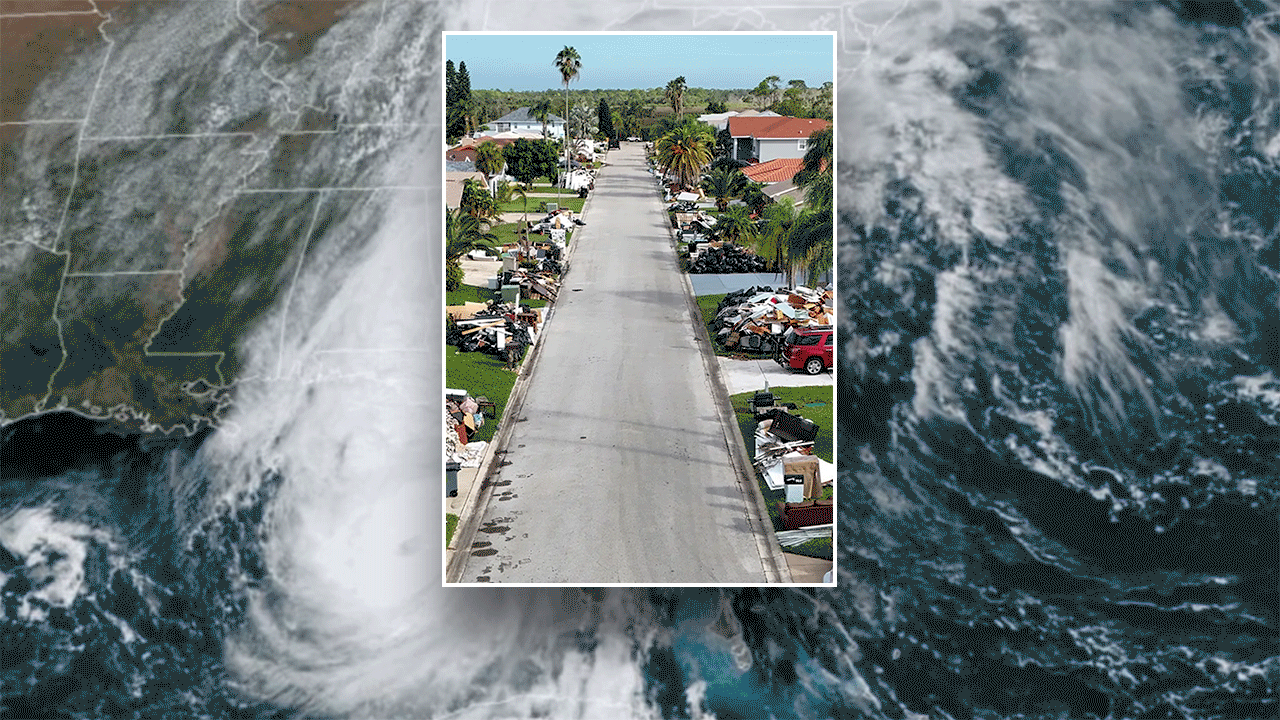BEIJING – Chinese Vice President Xi Jinping will visit the U.S. this week for a crucial getting-acquainted visit aiming to strengthen trust between the sides before he takes over as leader of the world's most populous nation.
Xi is due to meet with President Barack Obama and other top officials in Washington on Tuesday. He'll make a stop in the midwestern state of Iowa on Wednesday to meet local politicians and families with whom he stayed on a 1985 visit while serving as a local official in charge of the pork industry.
Xi finishes the U.S. leg of his visit in California for meetings with business leaders and will stop in Ireland and Turkey before returning home. He was scheduled to leave Beijing later Monday.
The U.S. visit seeks to better acquaint politicians and opinion makers with the man widely expected to begin taking charge later this year of the world's second largest economy and biggest overseas holder of U.S. government debt.
Despite their close economic links, China and the U.S. remain major rivals in the Asia-Pacific region, with Washington's traditional alliances competing with China's economic and cultural influence. China sees the U.S. as encouraging skepticism and dissent among neighbors in the region while trying to undermine communist rule by encouraging civil liberties and human rights causes.
Meanwhile, the perceived economic threat posed by China to the U.S. has also featured prominently in the Republican Party presidential nomination process. One aspect of Xi's visit will be to gauge public perceptions of China in the U.S. and seek ways of overcoming a lack of trust between the sides, a task made more difficult by disputes over trade, Taiwan, human rights and international concerns such as intervening in the ongoing violence in Syria.
Writing in the official English-language China Daily newspaper, a collection of well-known Chinese scholars said ties are dogged by strong Chinese perceptions that the U.S. aims to contain Beijing's growth, particularly as Washington carries through a strategic pivot shifting attention and resources back to the Asia-Pacific.
"Judging from the present situation of China-U.S. relations, the strategic mutual trust between the two sides still lags far behind the common interests they actually share," wrote the scholars, who included Wang Jisi and Jia Qingguo of Peking University's School of International Studies, top advisers to Chinese President Hu Jintao.
Xi's visit is unlikely to produce major commercial deals, in contrast to earlier trips by Chinese officials that often featured purchases of U.S. jetliners and other goods in an effort to ease tension over Beijing's multibillion-dollar trade surplus.
On Wednesday, Chinese officials are due to attend the signing in Des Moines, Iowa, of a purchase agreement for soybeans, the biggest single U.S. export to China. No details of price or size were announced.
Businesspeople and trade groups said they knew of no other major deals scheduled to be completed during the visit. A spokesman at Boeing Co., Yukui Wang, said he knew of no planned purchases of Boeing aircraft.
On Tuesday, Xi will speak before 600 corporate and policy leaders at a Washington lunch organized by the U.S.-China Business Council and the National Committee on U.S.-China Relations.
In Los Angeles, Xi is to take part in an investment-promotion event sponsored by China's Ministry of Commerce and the U.S. Department of Commerce.




